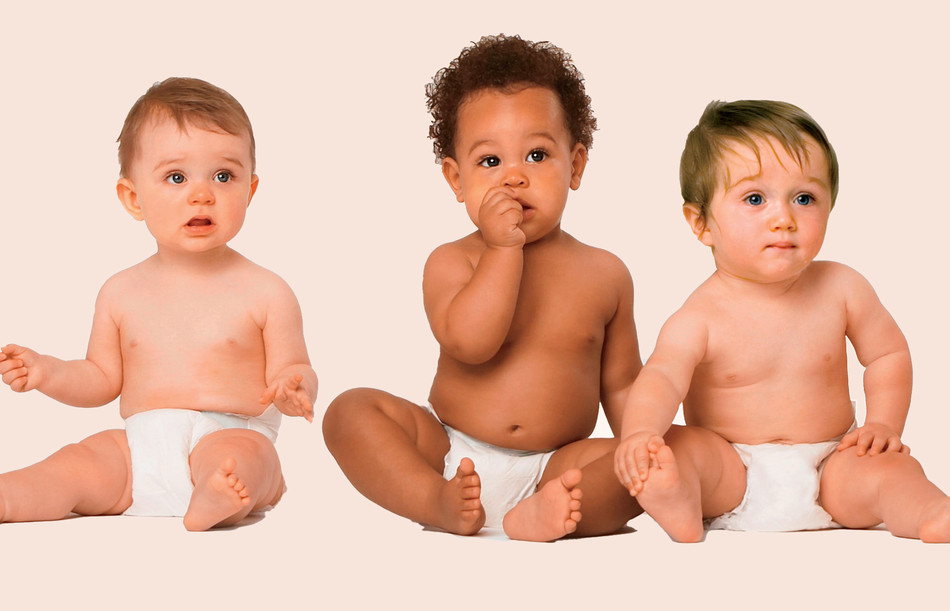Every parent knows that young children are germ magnets, picking up one virus after another. Yet studies have shown that youngsters are also better than adults at fighting off novel pathogens. This became evident during the COVID-19 pandemic, when few young children became gravely ill.
How is it that kids are in some ways exceptionally vulnerable to germs and in other ways notably resilient to them?
Two new studies by Columbia immunologist Donna Farber shed light on the matter. In one paper, published in the journal Immunity, Farber and her colleagues show that the adaptive immune system — which remembers disease-causing microbes that it has previously encountered and mounts immediate attacks against them — is not fully functional until children are four to six years old. In a related study in Nature Immunology, the team reveals that the developing immune system compensates for this vulnerability by producing elevated levels of versatile antibodies that will attack any foreign microbes that invade a child’s organs. “Young children may frequently get sick, but their bodies are very adept fighters, even against novel pathogens like the SARS-CoV-2 virus that causes COVID-19,” says Farber. She notes that most babies and toddlers who were exposed to the virus didn’t even show symptoms. “The adult immune system, on the other hand, is geared toward fighting familiar foes, not strange new ones.”
Farber says that her team’s research could have implications for understanding disorders of the immune system, including food allergies and chronic asthma. The antibodies that the Columbia scientists found to be elevated in healthy young children typically decrease in number by the age of three, Farber says, but her team is now investigating whether levels of these antibodies may remain stubbornly high in some older children. “We think it’s possible that immune tissues that produce these antibodies may sometimes continue to do so well into childhood, when they’re no longer an asset but instead a liability, triggering an overreaction to certain antigens.”



